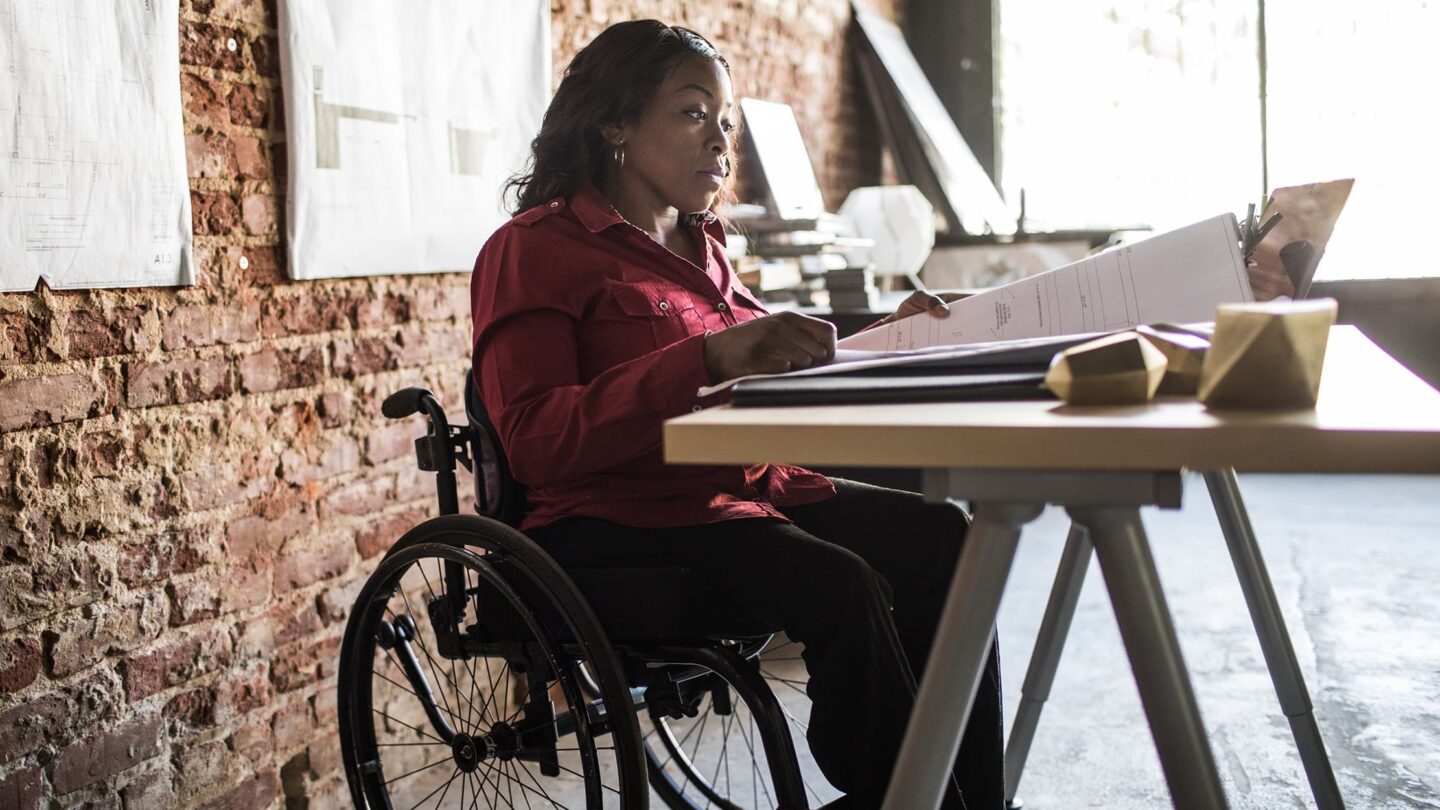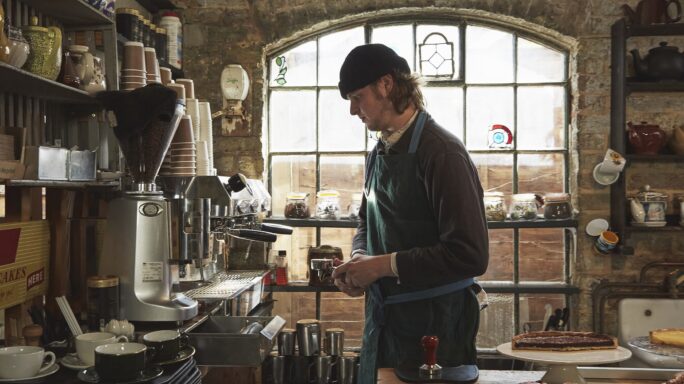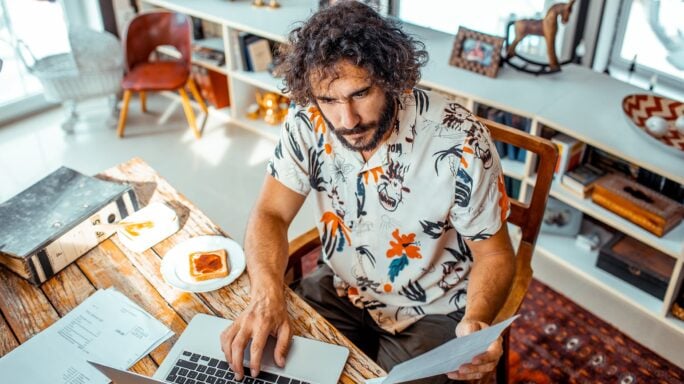Accountants
COVID planning for lodging: five impactful actions to ensure faster recovery

In my previous blog, I discussed various best practices and ideas for restaurants to minimize revenue loss during COVID-19 times. Since then, we’ve seen some states begun to open up, while others are still closed at this time. What does this mean for the hospitality industry right now? Based on research from CBRE it is predicted that it will take approximately 6-10 months for hotel demand to recover, and 12-16 months for ADR and RevPAR to recover. At this point, it looks like the business environment for hospitality will remain very challenging and fluid for the near term.
While this an undeniably challenging environment, make no mistake that there is still opportunity and concrete actions that hospitality companies can take to speed up their business recovery. Research from past recessions and economic shocks indicate that the plans and actions that hoteliers take before the crisis ends will have a huge impact on the speed and trajectory of their recovery process. In looking at how some companies have not only survived but thrived after a recession, a Harvard Business Review study concluded that those that had an optimal recovery strategy (focused cost-cutting with selective investment during crisis) led to a 76%1 chance of pulling ahead of the competition when times get better than just doing cost-cutting alone.
To further illustrate, visualize your business as a racecar that encounters a very sharp curve (economic shock). Of course, all drivers will hit the brake (defensive cost-cutting) as a smart strategy to avoid a crash. Struggling to turn fast enough (adjust to new realities), many drivers unconsciously wait until the straightaway (recovery) to hit the gas (offensive: invest). Understandably, the thought of spending and assuming the risk of a new investment feels like the last thing to do in a crisis. But as any good race driver knows, you need to carefully hit the gas (offensive: invest) before you leave the curve (before the crisis ends). Otherwise you will have a slower recovery and potentially get passed by your competition.
As a hospitality company, consider these five proactive actions before the crisis ends to ensure a faster recovery:
Property investments
Once you’ve assessed and stabilized your business, you can take advantage of available CapEx budget to make investments before the crisis ends that will best entice your target customers when they are ready to travel again. Some of the hotels that I’ve spoken are already using the time while their properties are closed to make investments now that will give them a competitive and operational edge when things open up again. If you make these improvements after you recover, you may lose revenue having to close down or inconvenience guests during renovation.
When travel starts to recover, travelers will have lots of options. To state the obvious, the newer and fresher your property feels compared to the competition, the more bookings you will get and the faster you can recover. The biggest areas for payback are those that increase property curb appeal, the lobby and then guestrooms. Installing new technology in lobbies such as interactive directory board screens and self-check in kiosks can help attract millennial and tech-savvy guests. Boosting high speed internet bandwidth can also help attract not only that group, but business travelers as well.
Customer Experience
In order to prepare for your guests to return, you’ll need to know your customers and what drives them. This will be different at every stage of the crisis: initial re-openings, expanded openings, crisis end and recovery. You’ll need to adjust messages, promotions and services along the way.
For instance, when guests are ready to come back, you’ll want to welcome them back with services or amenities that matter to them most. Millennials for example, want everything online – preferably from their mobile device. One idea is to offer a hotel app that includes the ability to check-in/out, chat with concierge, order room service and more. Business travelers are lured with fast wi-fi, plenty of power outlets, fitness opportunities and healthy dining options.
In order for guests to feel comfortable and secure, ensure that during the early openings guests have full information before, during and after check-in on how your hotel is protecting them from COVID-19. Additionally, ensure that they know who to contact for concerns or more information. During the latter end of the recovery path you can further the promotion of new services such as contactless in-room dining with single size portions and safer menu options.
Front of the house technology upgrades can help you to leapfrog the competition by enhancing guest experiences, such as chatbots, faster check-ins and easier online reservations. Investing in a property management system can also bring greater efficiency while providing a better guest experience.
Increased Operational Efficiency and Performance
One way to help fund investments is to increase operational efficiency which then frees up time, resources and funds. Where to start? Evaluate all of your manual processes, especially those done in spreadsheets. If you are doing the same task in a spreadsheet (e.g. budgeting and planning, bank reconciliation, multi-entity consolidations, inter-company eliminations) more than a few times, these areas are a prime candidate for automation. Streamlining financial processes can quickly add up to significant savings. Take for example our customer Benchmark Hospitality with 50 properties across the US, UK, Caribbean and Japan. Benchmark Hospitality has generated $800,000 a year in time and resource savings by dramatically reducing manual work and liberating accountants to focus on higher value initiatives that improve customer service and help grow the business.
Case Study – Benchmark Global Hospitality
This hospitality firm saved $800,000 worth of time and easily manages financials across 50 properties with Sage Intacct cloud financials.

Another essential element to maintaining high operational efficiency and performance is the ability to deploy better forecasting capabilities. The post-COVID world will be completely new, with no previous playbook to follow. Hospitality businesses will no longer be able to just rely on past historical patterns, but instead will need to be able to quickly anticipate how market shifts impact key operational, financial and revenue management metrics. Forecasting can also help you to make important decisions quickly regarding property needs, customer demand and profitability which will be especially important on the road to recovery, as there will likely be a lot of unexpected twists and turns that you will need to react to. How big of an impact can better forecasting capabilities have? Consider this example from another industry that requires large upfront investments. Conexant, a software company, responded slowly to the recession, and the result was that a once high-flying technology stock became a penny stock.
As the saying goes, “you can’t manage what you can’t measure”. How long does it take to get access to key operational and financial performance data for your business, is it real-time? Accessible from wherever you are? Does it seamlessly integrate relevant data from all of the parts of your business and systems such as PMS and payroll systems? Can you quickly pinpoint and course correct trouble areas and exploit areas that are working? Hospitality companies that have real-time access to key operational and performance data will be able to use that information to navigate, quickly shifting course to avoid rough seas in the crisis and recovery.
Boost Digital Communication and Marketing Power
It’s most important now more than ever to stay connected with past and future guests through digital communication and social channels. Let them know what changes you are making to keep them safe, and also what new rewards or experiences they can expect. This would be the time to invest, or consider an upgrade in your digital marketing strategy and tools to ensure that your communication is reaching the right audience at the right time. For example, during the 1990 recession, Pizza Hut and Taco Bell took advantage of McDonald’s decision to drop its advertising and promotion budget. As a result, Pizza Hut increased sales by 61%, Taco Bell grew sales by 40% and McDonald’s sales decreased by 28%.
While having a deep digital footprint is always important, during a time of crisis it’s mandatory. This is a good time to make sure that your website is relevant and welcoming and includes updated information on your Clean and Safe protocols. Ensure that you are communicating through all social media channels, not only include promotional information but also fun videos from the local area, staff interviews and other content that is fun and relatable.
Pricing, Loyalty and New Revenue Ideas
Avoid the temptation to deeply discount room rates since consumers may come to expect the new lower rates which will make recovery take longer. Customers that are drawn to services or amenities that relate to them are more likely to be loyal repeat customers than those that are just hunting for the best rate. Warren Buffett famously said,
“Price is what you pay, value is what you get.”
Just as restaurants are offering pre-paid gift cards for use at a later time, some hotels are offering pre-purchase stay certificates. This brings in revenue while hotels are still closed and ensures the stay at their hotel rather than the competition. Hotels that are participating in this type of program are offering “bonds” that include a certain amount of credit above the stay certificate purchase price. For example, guests can receive $300 worth of credits with a $200 stay certificate purchase.
Another idea to improve cash flow without discounting is to leverage the profitable recurring revenue/subscription model from other industries or create a packaged deal bundle. For example, for the traveler that returns to a particular city on a regular basis for work, you can offer a flat rate fee per month that provides a savings from individual bookings. Or you can offer a shorter-term prepaid package that includes a certain number of stays that can be used over a course of time.
Most indicators point to the fact that as the crisis lessens people will begin venturing out and there is pent up demand for vacations, especially going into the summertime. That said, people are not only planning to stay domestic, but they plan to stay closer to home. This could be a great opportunity to capitalize on the locals in your area rather than wait for longer distance travelers. For example, you can create staycation packages, and even tailor these package for specific local themes. For example, an overnight ladies’ spa package, a romantic couple’s weekend or even a golf weekend. For business hotels that typically see most of their bookings on weekdays, this could be a great way to boost weekend bookings.
You can even additionally leverage the recurring revenue model for amenities outside of actual overnight stays. One idea is to offer a flat fee per month for prepaid services such as golf, spa treatments or restaurant meals. For example, a flat fee of $150 monthly can give customers the opportunity for a monthly massage and facial, and the opportunity to look forward to dedicated “me” time each month. A similar idea can be offered for golf, or even a monthly couple’s date night at your onsite restaurant. These prepaid ideas not only improve cash flow without hurting revenue, but also encourages loyalty since guests will be pre-committed to your property/brand.
Now more than ever though, hotels should look to reward their loyalty customers with new and extra bonuses. For example, Wyndam Rewards is now offering a 40 percent bonus on points purchases and most hotel loyalty programs have extended benefits through 2121 so that guests don’t miss out. To take loyalty programs to the next level, consider using gamification. For example, La Quinta Inns and Suites supercharged their loyalty program with a new gamified campaign called Play & Stay. During a three-month period, the campaign brought in 2,000 users, 10,000 Facebook Likes and 4,500 new Twitter followers for La Quinta. But even more importantly, 14% of the users became paying customers, generating 1,784 new bookings, leading to a 712% sales lift.
Conclusion
Although the road to recovery is still in very much front of us, we do know that “this too shall pass”. There is however much that can be done in order to positively impact the path to recovery and growth, especially if you act before the crisis ends, instead of after. A Bain study found that those companies invested before a crisis ended grew at 17% compound annual growth rate (CAGR) during the downturn, and then locked-in gains to grow at an average 13% CAGR in the years after the downturn. Those that focused on cost-cutting alone experienced zero growth during the downturn, and only grew about 1% afterwards. What does this mean? The companies that invest before the crisis ended can double their revenue in about 5-6 years after the downturn, while the cost-cutters barely grow.
We are thankful to the hospitality industry for the amazing experiences that they have always provided to vacation and business travelers alike. We at Sage Intacct are here to support our hospitality customers, as well as the hospitality industry in general, during the crisis and the recovery. A great resource for additional general hospitality COVID information is the American Hotel & Lodging Association COVID19 Resource Center. Please let us know if there are additional topics you would like us to address as we all weather the crisis and prepare for a recovery
The Harvard Business Review found that progressive companies (cost-cutting and investment) have a 37% chance of pulling ahead of their competition while prevention-focused (cost-cutting only) companies have only a 21% percent chance of pulling ahead at the end of a recession. So progressive companies are 76% (37%/21% – 1 = 76%) more likely than prevention-focused companies to pull ahead of their competition after a recession.







Ask the author a question or share your advice